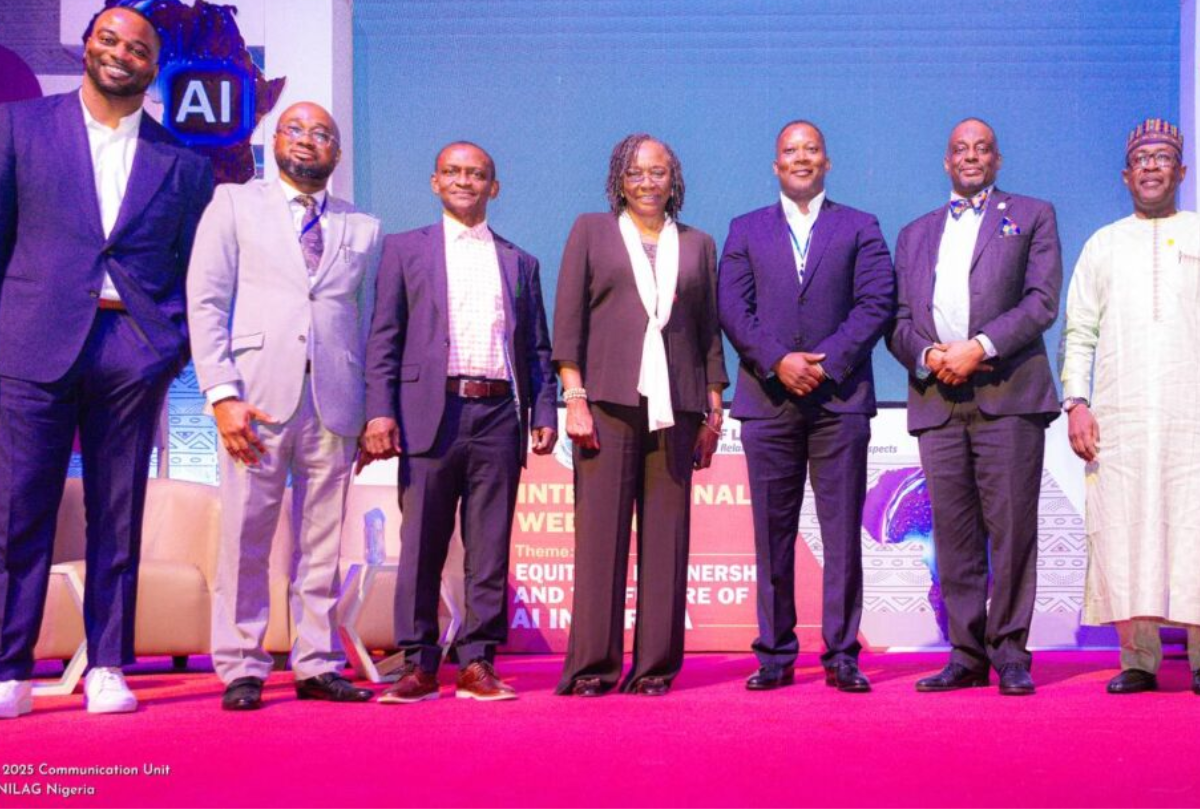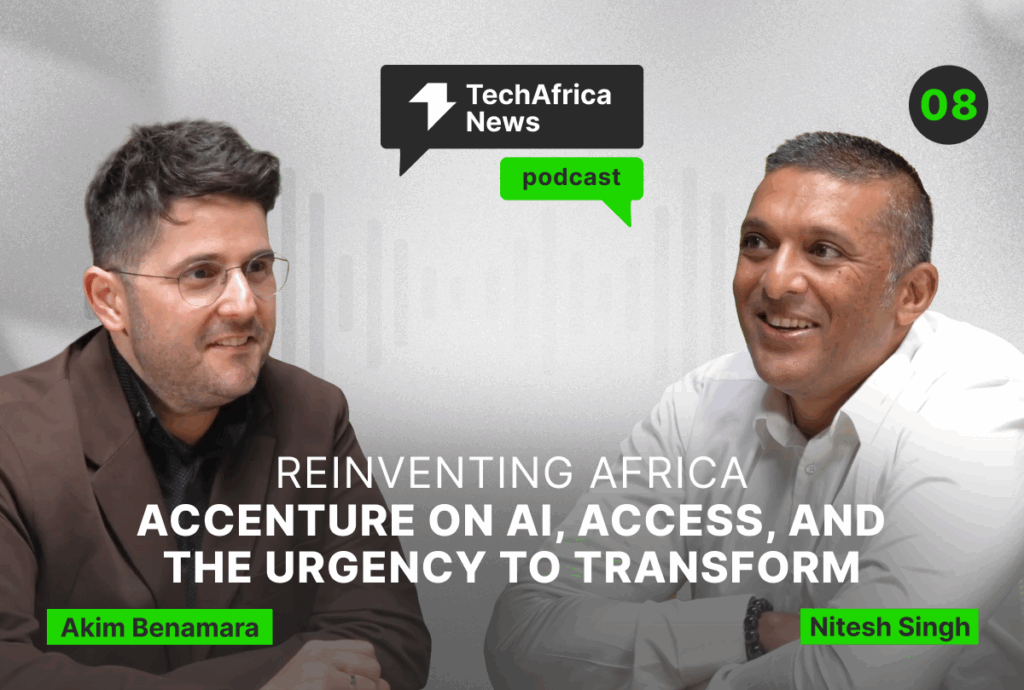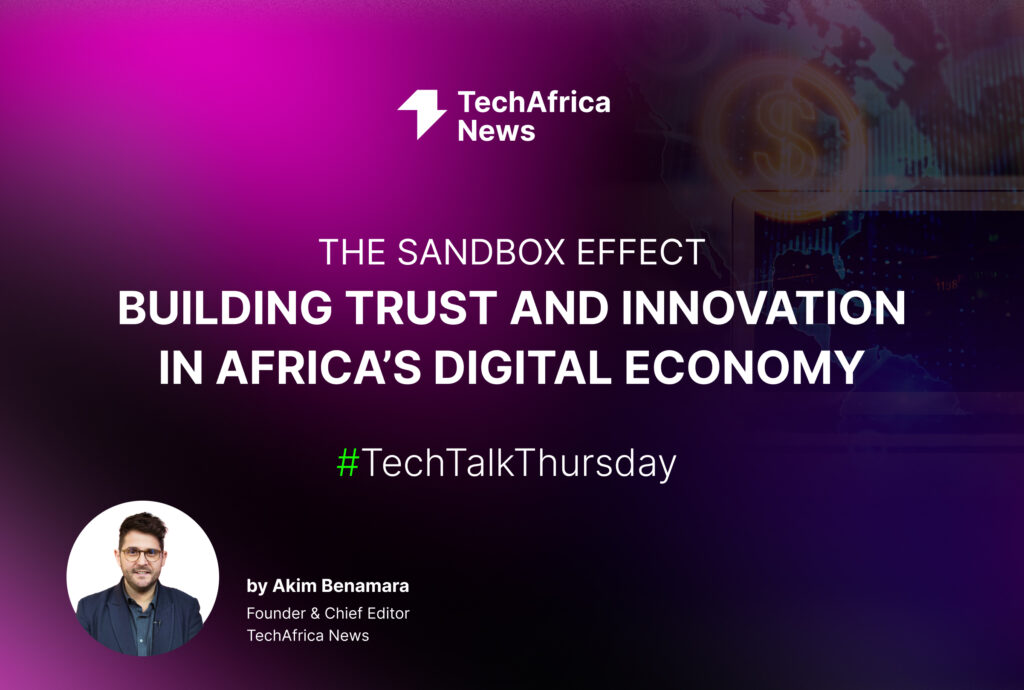Nigeria’s UNILAG Opens 2025 International Week to Drive Global Collaboration and AI Innovation
With its 2025 International Week, UNILAG has once again positioned itself as a driving force for AI-led development, equitable partnerships, and knowledge exchange—solidifying its role as a hub for transformative education and innovation in Africa.

The University of Lagos (UNILAG) has reaffirmed its position as a continental leader in innovation, research, and global collaboration with the formal opening of the 2025 International Week on Tuesday, October 14, 2025. The event, held at the J.F. Ade Ajayi Main Auditorium, Akoka, brought together academics, policymakers, students, and international partners under the theme “Equitable Partnerships and the Future of AI in Africa.”
The week-long event serves as a major platform for building global partnerships that deliver shared impact through research, innovation, and technology. UNILAG’s leadership emphasized that the International Week is not only a space for dialogue but a catalyst for tangible outcomes—fostering collaborative research, student and staff mobility, and industry-driven projects that address both local and global challenges.
The opening ceremony highlighted the university’s evolving partnership model, centered on co-design, shared standards, and data-driven collaboration. UNILAG’s approach to internationalisation and innovation integrates diverse disciplines, where engineers, social scientists, clinicians, and linguists work together to ensure that technology development remains people-centered and contextually relevant.
The event also underscored the university’s commitment to equitable partnerships and inclusive growth. The Vice-Chancellor, Professor Folasade T. Ogunsola, OON, FAS, described the gathering as a convergence of purpose, vision, and innovation, stressing that Africa’s participation in the artificial intelligence revolution must be active and strategic. The university’s research strides, such as AI-driven health solutions, partnerships in nuclear engineering, and advances in medicinal plant research, were highlighted as examples of how African institutions can lead with relevance and creativity.
UNILAG’s International Week also featured goodwill messages from high-profile dignitaries, including the Minister of Communications, Innovation and Digital Economy, the Minister of Education, and the Senior Special Assistant to the President on Sustainable Development Goals (SDGs). Their messages reinforced the importance of empowering young Africans with the skills and tools needed to thrive in an AI-driven future. They commended UNILAG for creating a platform that bridges academia, government, and industry toward sustainable technological development.
A key highlight of the event was the announcement of a collaboration between OpenAI and the University of Lagos to launch the OpenAI Academy, the first of its kind in Africa. The academy will serve as a capacity-building hub for AI research and development, strengthening UNILAG’s reputation as a regional center for emerging technologies. The Africa Lead at OpenAI and other speakers emphasized the importance of access, inclusion, and local innovation in ensuring equitable AI adoption across the continent.
Another keynote presentation by the Managing Director and Head of Sub-Saharan Africa at Bank of America, Ms. Yvonne Ike, celebrated UNILAG graduates for their excellence and competitiveness on the global stage. She underscored that Africa’s greatest asset in the age of artificial intelligence lies in the creativity and intellect of its people. Her remarks highlighted the urgent need for African nations to build competencies in AI development and deployment rather than remain passive users of foreign technology.
The opening ceremony also featured a dynamic panel discussion on “Equitable Partnerships and the Future of AI in Africa.” Panelists included international and local experts such as representatives from the European Delegation to Nigeria, the University of Manchester, South Carolina State University, Future Africa, UNILAG-NITHUB, and UNILAG’s own students and researchers. The discussion focused on how Africa can build sustainable, inclusive partnerships that ensure AI development reflects the continent’s priorities, cultures, and realities.
The ceremony concluded with an award presentation to winners of the Health Innovation Challenge, an initiative showcasing practical applications of AI and technology in healthcare. The Challenge exemplifies UNILAG’s commitment to nurturing student-led innovation that solves real-world problems within African contexts.
Closing the event, the Chairman of the 2025 International Week and Director of the Office of International Relations, Partnerships, and Prospects, Professor Ismail Ibraheem, delivered a vote of thanks. He reaffirmed the university’s dedication to advancing Africa’s digital transformation through research excellence, global collaboration, and inclusive innovation.
With its 2025 International Week, UNILAG has once again positioned itself as a driving force for AI-led development, equitable partnerships, and knowledge exchange—solidifying its role as a hub for transformative education and innovation in Africa.






